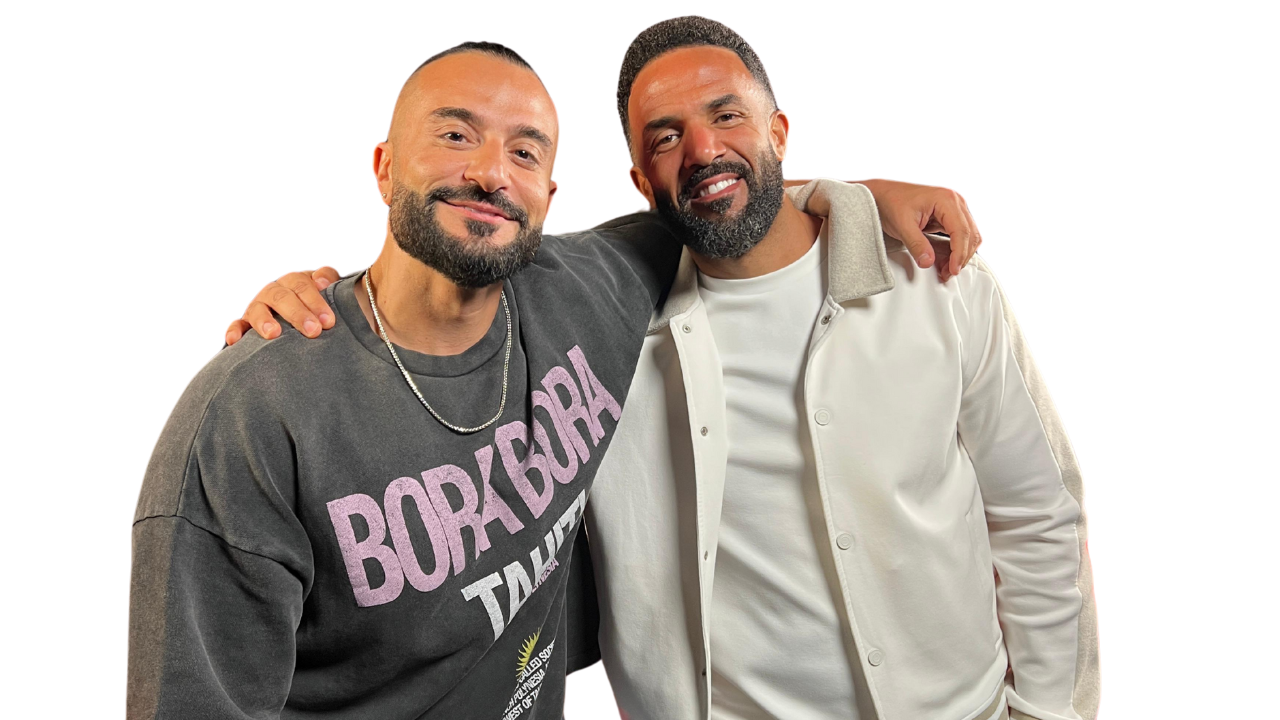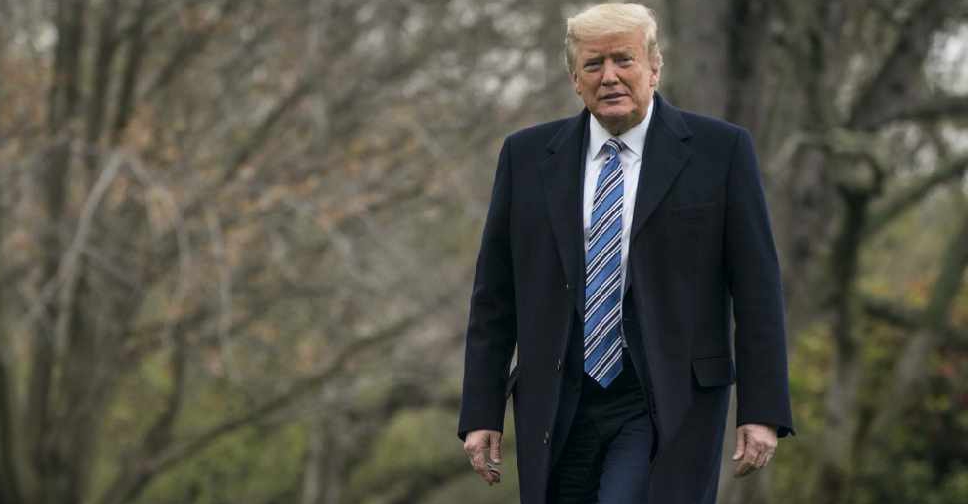
US President Donald Trump has backed off from imposing a lockdown in the hard-hit New York area to limit the spread of coronavirus.
"A quarantine will not be necessary," he said on Twitter, adding that restricting non-essential domestic travel for 14 days will be adequate.
His earlier decision to implement a travel ban was faced with resistance, with several governing bodies claiming it would cause chaos.
"If you started walling off areas all across the country it would be totally bizarre, counter-productive, anti-American," New York Governor Andrew Cuomo told CNN.
Meanwhile,Trump also appeared to soften his previous plans to reopen US economy by mid-April. "We'll see what happens," he said.
So far, the country has recorded more than 2,200 deaths and more than 122,000 positive cases.




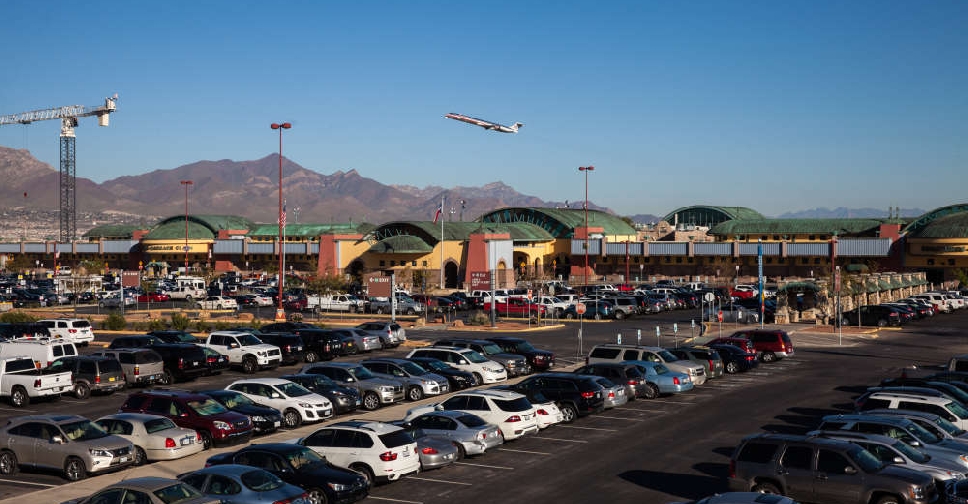 US lets flights resume at El Paso airport after brief security halt
US lets flights resume at El Paso airport after brief security halt
 Ten dead after shooter opens fire at high school in Canada
Ten dead after shooter opens fire at high school in Canada
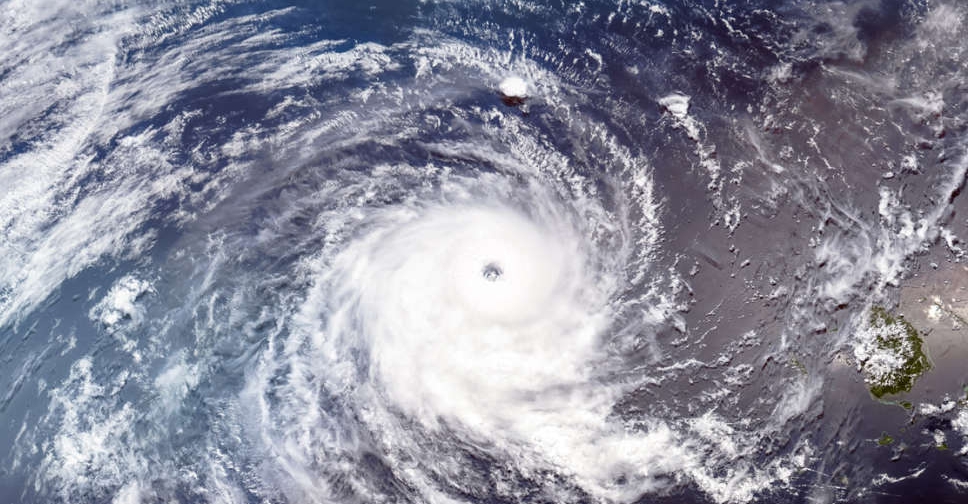 Tropical cyclone Gezani slams into Madagascar, killing nine
Tropical cyclone Gezani slams into Madagascar, killing nine
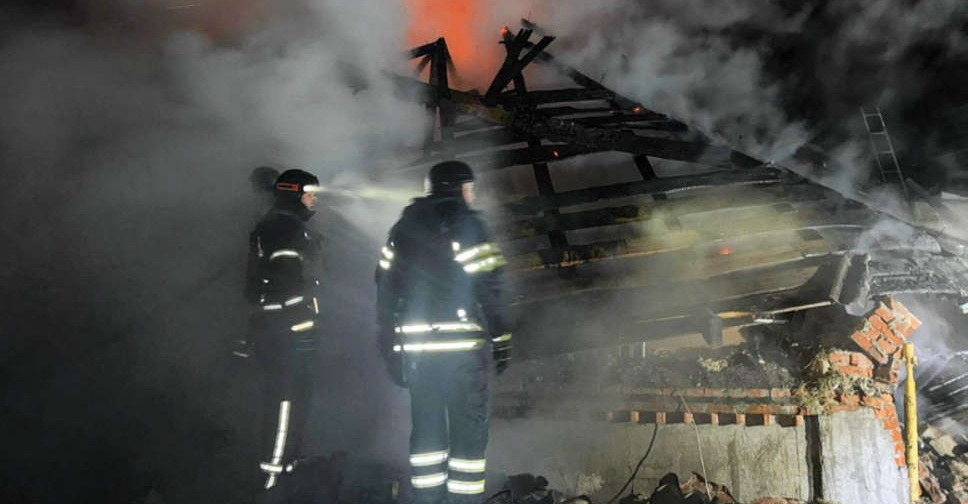 Russian strike kills father and three children near Ukraine's Kharkiv
Russian strike kills father and three children near Ukraine's Kharkiv
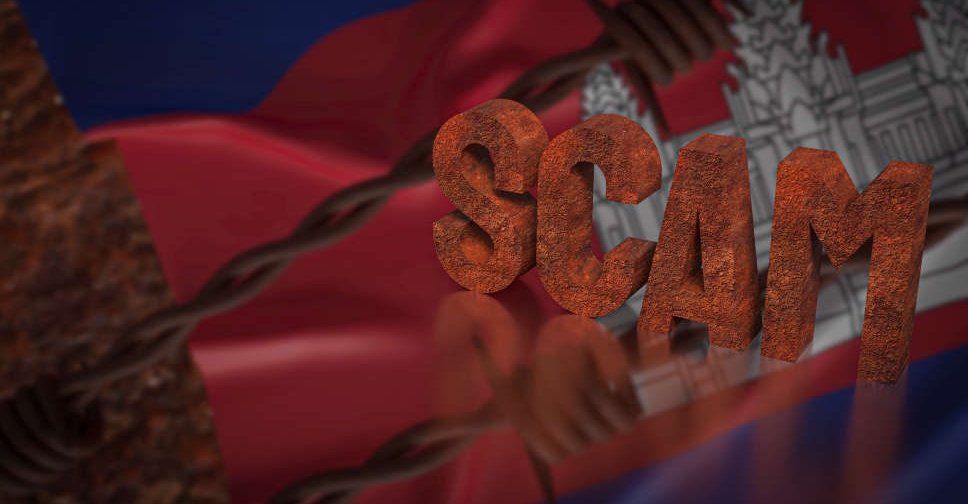 Cambodia says it has closed almost 200 scam centres in fraud crackdown
Cambodia says it has closed almost 200 scam centres in fraud crackdown

